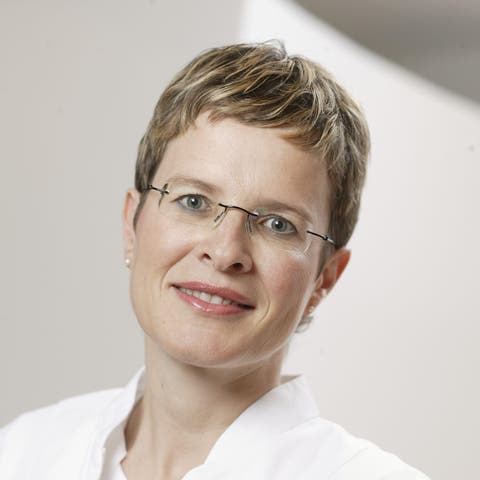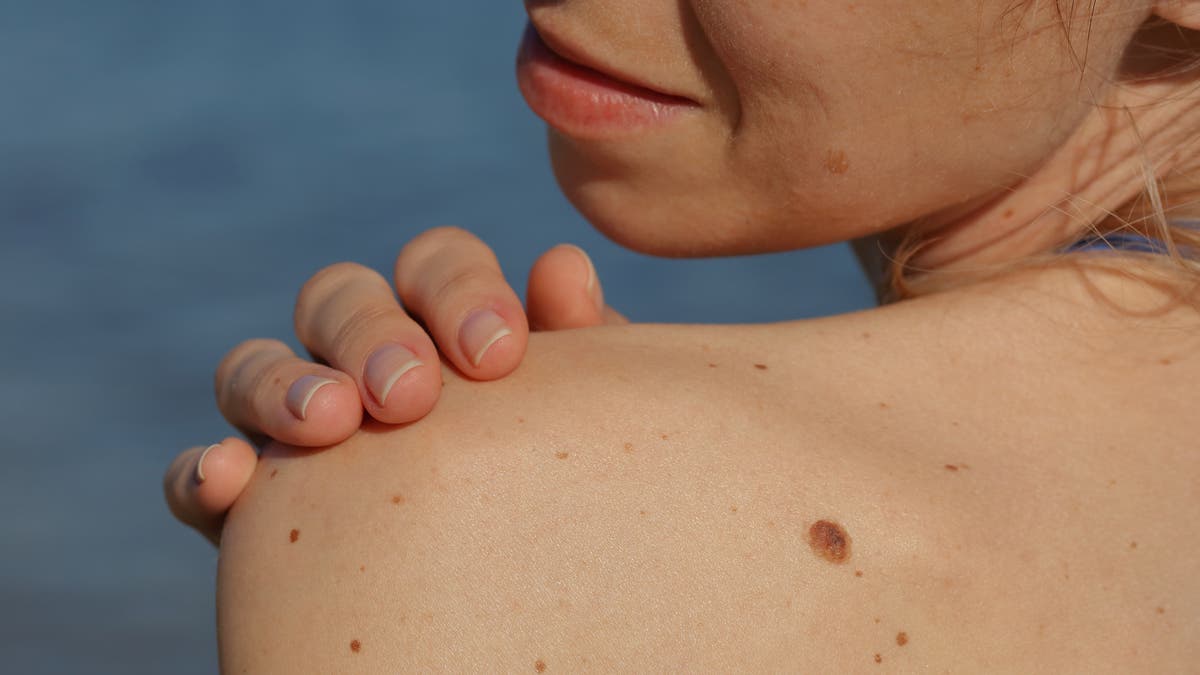Medicine
Will Google Doctor come soon after Google Maps? The internet giant is taking the first step in the field of dermatology
Google launches an app that detects skin diseases. Dermatologists welcome the new feature.
Good or bad? This question should be answered easier and faster using artificial intelligence.
Google Search, Google Maps, and Google Web Browser: If the internet company finds its way, the next Google doctor can follow. This week, the company announced the “Derm Assist” health app that helps patients and clinicians learn about skin diseases. Users upload three photos of their skin, answer a series of questions about skin type and symptoms, then receive an initial AI diagnosis – including verified information from a dermatologist, answers to frequently asked questions and related web links.
The idea is not new: smartphone apps with similar functions like Skinvision, Miiskin and Aysa already exist. But the advantage of the Google app is that it can recognize many different skin diseases – 288 in number – and is easily accessible: if all goes according to plan, the app will be integrated into Google’s search engine across Europe by the end of the year. The search query should be sufficient to call the application.
This can make Derm Assist a daily app that reaches millions of people. No Doubt To The Demand: Google logs nearly ten billion search queries every year relating to issues with the largest human member.
The sheer interest in the topic is one of the reasons Google is so focused on dermatology. For years, the company has been researching early detection of diseases, including various types of cancer, eye diseases and tuberculosis. Derm Assist is Google’s first foray into practical and publicly available diagnostics with the help of artificial intelligence (AI). The European Union has designated the basic AI model as a medical product in the lowest risk category, but the application has not yet been approved in the USA.
The app is as good as dermatologists
The EU certification was preceded by three years of research and development. In a clinical study published in the scientific journal Nature Medicine, Google’s AI diagnosed 963 cases of skin diseases with the same accuracy as six dermatologists in the United States. The AI model used by Derm Assist is more advanced and has been trained with millions of model images for different skin types and skin abnormalities.
High infection rate or not: Google explains that the app provides guidance only and does not replace a dermatologist. It is often not possible to know if a mole has undergone a serious change with the naked eye. Professor Alexander Navarini, Head of the Department of Dermatology at the University Hospital Basel says:
“Only a dermatologist can provide residual safety with the help of what’s called a reflexology microscope or tissue sample. You can’t do both at home on your own.”
“However, it makes sense that ordinary people also get a first idea of what could be about the skin changes,” the expert adds. In addition, these applications stimulate examination of the skin, which promotes early detection.
Problems arise when AI makes a false positive or, more seriously, a false negative diagnosis. Either way, psychological factors can delay a doctor’s visit: an anxious patient can fear the worst diagnosis and postpone a medical examination, while an optimistic patient hopes for a harmless diagnosis and thus sees no reason to go to a dermatologist right away. So the community should be informed of the benefits and risks of these apps.
Bettina Schlaggenhof of the Swiss Society of Dermatology sees the advantages of AI-assisted diagnostics:
“We assume that the certainty of diagnosis will increase slightly and that patients will also be able to check and understand the diagnoses on their own.”

Bettina Schlagenhaf
Dermatologist
A dermatologist expects AI to become an increasingly important tool for patient care in practices and clinics. However, nothing will change in the basic business of a dermatologist: “Diagnosis is a small part of the doctor-patient relationship. Once a diagnosis is made, consultation and treatment begins”.

“Alcohol buff. Troublemaker. Introvert. Student. Social media lover. Web ninja. Bacon fan. Reader.”






More Stories
Ecologists Celebrate New Xesap National Park in Laos | Science
Is the wrong diet making you forget?
We can study it with a new telescope.